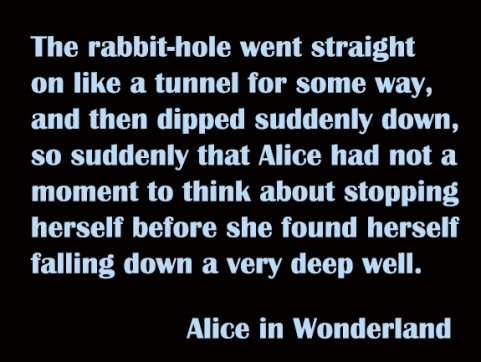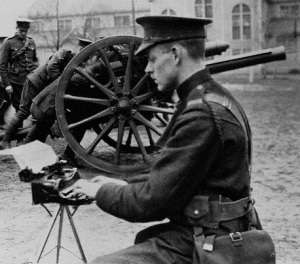We’ve closed the most public period for writers in the age of social media- NaNoWriMo. This one month free-for-all of would be authors and established writers plugging away at new projects or long-delayed ideas. The shared encouragement, venting or problem solving is a unique way for the otherwise solitary profession to become communal.
The rest of the year writers occasionally divulge projects online, give us sneak peeks at frustration or triumph. And in those good times the ecstasy is something a writer wants to share. Yet when the block strikes like an iceberg, the pain and frustration are legendary exemplified by dozens of writers block suggestions that make the rounds daily.
There is another trouble plaguing writers (and those of all professions)- returning to work after trauma. Whether its mental or physical trauma the ability to recover one’s creative self and return to writing can be incredibly difficult and sometimes feel impossible.
We often see it online when writer websites go quiet for weeks or months without explanation. Inevitably we come to expect the standard off the shelf explanation- too busy with life. Often, I’ve come to realize, this is code for a personal problems or issues that has gutted or slowed the writer. It is a very personal act, creation. It is also a personal act to admit when life has dealt us some tough times. Yet our ability to share online those traumas that halted our creativity is incredibly hard. Call it the artist’s temperament, we writers can be a fickle and emotional lot. We tend to clam up or over share.
But we are creatures that explore and explain through our creations. We burrow deep within our minds and imaginations, so should we be surprised that when life deals us troubles that it is especially daunting to return to the creativity that defines us?
Perhaps the key is reminding/remembering every day through these traumas and trials that we are creative and it has been with us in good times and bad. There is no reason why we should use the tribulations as a new way to create. Perhaps its purging the ill feelings through fiction or song? Maybe these life problems are merely potholes in creative highway. You wouldn’t stop driving down a road just because there were a few potholes. You drive forward, you keep an eye out, but you roll on.
Roll on, fellow writers, past the potholes of life and realize that no matter what is happening your creativity is who you are. It sees you through adversity. The rest are just potholes.

